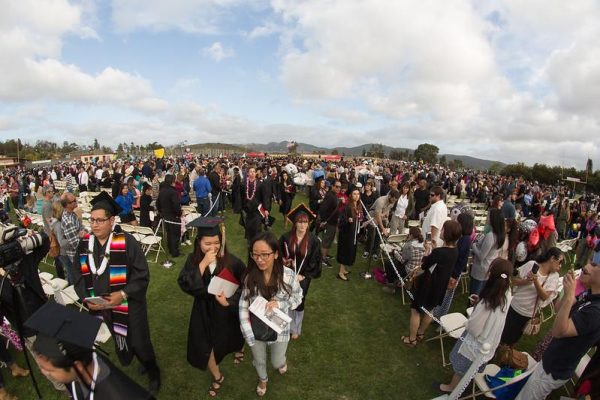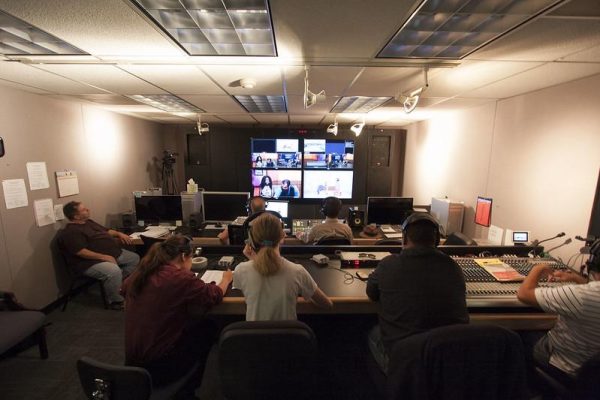Editor’s Note: Sponsored Content
I am an American student who is studying abroad right now in Brisbane, Australia. Two weeks ago, I was involved in an accident at my work-study job—an internship at an engineering firm. I thought I was fine, but then I started feeling pain. This week, however, I went for a doctor’s visit and ended up diagnosed with a fairly long-term injury. To say that I am terrified is an understatement. I am considering filing a lawsuit, as I believe they were negligent. I have never dealt with a lawsuit, much less one in a foreign country. I have no idea what my liabilities are in Australia. I don’t even know if I can sue. What is your advice on how to move forward?
Getting injured is a frightening situation, especially after an accident. Depending on the case, it may be best to retain an attorney, either American or Australian. But first, you will need to talk to an Australian attorney. We will explain why in a minute.
For now, let’s consider the Australian attorney. As we said, you will need an attorney to represent you if you pursue this case in Australia. According to the Department of State, the US embassy or consulate cannot act as your agent in a legal dispute overseas. So, though they may be able to help you if you were, say, in a foreign hospital from the accident, they can’t help you in court. Second, an American court will likely honor and uphold the judgement of an Australian court. If you happen to win the lawsuit and the Australian court decides that their assets are fair game to settle the suit, an American court will have the power to enforce that seizure if you end up traveling back to the United States while the lawsuit is still ongoing. All that said, you can call an embassy or consulate for a recommendation on who to hire. The US foreign service maintains lists lawyers who have expressed a willingness to work with American clients.
Next, you will want to investigate personal injury law in Australia. The Personal Injury Lawyers, based in Brisbane, have a fairly extensive website devoted to information about a potential injury at work claim. Most workplaces will have workers compensation insurance, and coverage of that may include you. Since you have been injured there, rather than sue them, you will be able to settle for a set amount of money, paid out as a lump sum or as an annuity. Workers compensation also, occasionally, covers medical treatment. Safe Work Australia has put together a handy booklet detailing all of the facts.
All that said, you may not be eligible for workers compensation, at all. You will have to check with an Australian lawyer to see if you are eligible, as your situation is likely unusual. After all, you are international, and you may (as an intern) not be considered an employee when workers compensation is considered. You will need your lawyer to review all the details.
If you are not entitled to workers compensation, you will want to consider the legal liability of the university at which you are studying abroad. On the American side of the Pacific ocean, it is possible to sue a private or, depending on the state, public college or university if you are harmed on their watch. For Australian universities, according to this paper by Professor Stanley Yoo, the jury is still out. Universities have rarely been sued for negligence, so there is no standard for what constitutes negligence. Furthermore, if the program is run by an American university, you will want to hire an American lawyer. You only want to do this, however, if you are not considered an employee at this internship and are not eligible for workers compensation.
These steps may seem confusing, but they are necessary to getting the money and the attention to which you are very likely entitled. Find a qualified Australian attorney to help you with your case as soon as possible.




